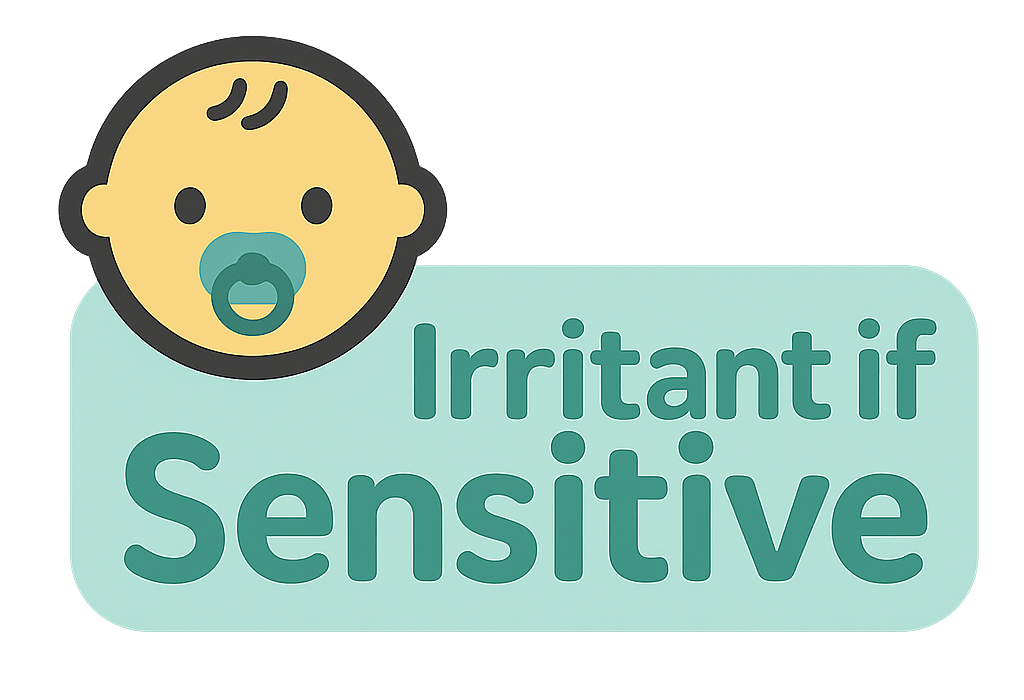Check for Different Age (6 available)
Is this toddler-safe to use Propylparaben?
ℹ️General Overview
For toddlers (1-2 years), propylparaben is a preservative that has shown possible hormone-like activity in studies and can cause skin reactions in some people. It's not the safest choice for everyday products used on little children.
✅What to Do
Choose paraben-free lotions, shampoos and creams for toddlers when you can. If you must use a product that lists propylparaben, avoid putting it on broken or irritated skin, use it sparingly, and stop use if you see redness, a rash, or any swelling. Always test a small area first and talk with your child's pediatrician if you are unsure.
⚠️Warnings
Regulatory and scientific reviews (for example, European chemical and safety reviews and expert safety panels) have raised concerns about hormone-like effects and recommend limits or caution for young children — some countries advise avoiding parabens in products made for children under three. There are also published reports of contact allergy and animal studies showing effects on the reproductive system. Watch for skin irritation, persistent rashes, or any unusual behavior after topical use and check product labels for 'propylparaben' or related names.
Are you holding the product?
Scan the full ingredient label and understand if it's safe for your child.
Safety Risk Labels
This ingredient has the following documented risks:








Tap or hover over labels to see detailed risk information.
Alternative Names for Propylparaben
This ingredient may also be listed as:
Always check ingredient labels carefully, as ingredients may be listed under different names.
Products Containing Propylparaben
This ingredient is found in the following products:
This list shows products that contain Propylparaben or its alternative names.
Research Articles on Propylparaben
Scientific research related to this ingredient:
These research articles provide scientific evidence about Propylparaben safety and effects.
Common Questions About Propylparaben
Is this toddler-safe to use Propylparaben?
Propylparaben is not recommended for 1-2 year old toddlers due to potential safety risks.
What are the confuse hormones risks of Propylparaben for toddlers?
Acts like fake hormones in the body, confusing natural signals. Young children may be more sensitive to these effects.
What are the hormones risks of Propylparaben for toddlers?
May mess with natural hormone development in babies and children. Young children may be more sensitive to these effects.
What are the fertility risks of Propylparaben for toddlers?
Some studies link this to future fertility or reproductive issues. Young children may be more sensitive to these effects.
What are the irritant risks of Propylparaben for toddlers?
Can cause skin redness, itchiness, or rashes—especially on sensitive baby skin. Young children may be more sensitive to these effects.
What are the eczema risks of Propylparaben for toddlers?
Linked to triggering or worsening eczema and similar skin conditions. Young children may be more sensitive to these effects.
What are the immune system risks of Propylparaben for toddlers?
Could weaken or confuse immune system. Young children may be more sensitive to these effects.
What are the banned risks of Propylparaben for toddlers?
Banned or heavily restricted in one or more countries. Young children may be more sensitive to these effects.
What are the environmental risks of Propylparaben for toddlers?
Possible negative effects on the environment Young children may be more sensitive to these effects.
What products contain Propylparaben?
Propylparaben is commonly found in skincare products, cosmetics, and topical applications. Always check ingredient labels before use.
When can toddlers using products with Propylparaben?
The appropriate age depends on the specific ingredient properties and concentration. This analysis is for 1-2 year old toddlers. Use the age selector above to check other ages.
Want to scan another product?
Use our camera scanner to analyze more ingredient labels
Scan Another Product